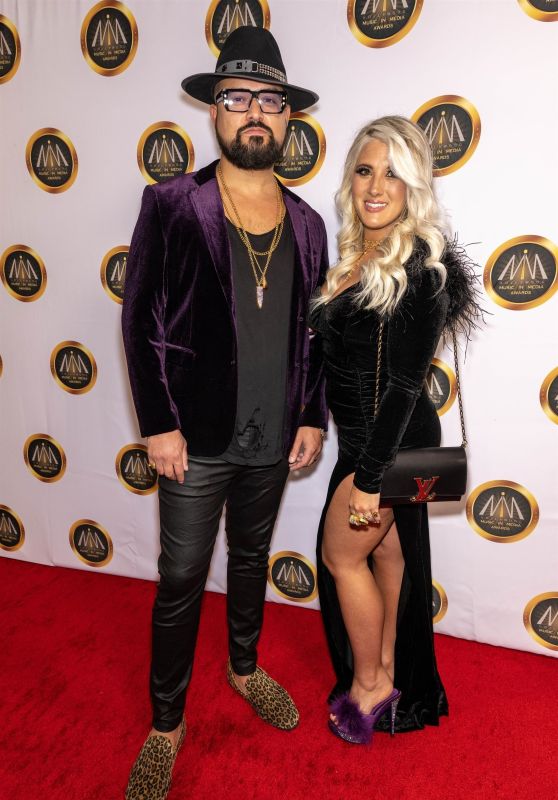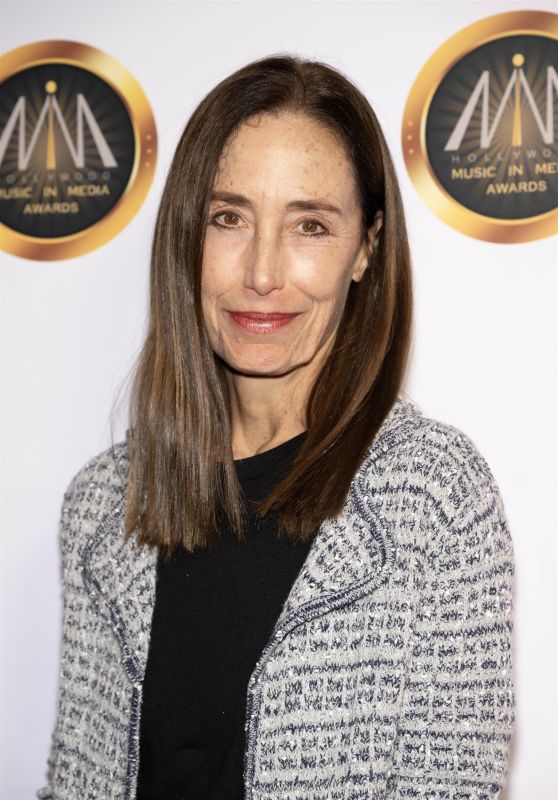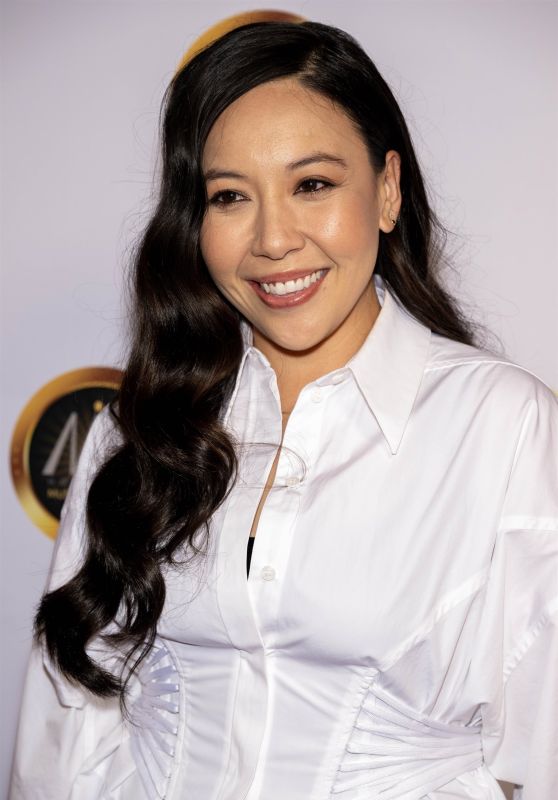The 1,500 guests who arrived at the Beverly Hills Temple of the Arts on Wilshire Boulevard in Beverly Hills on a balmy mid-October evening had to pass a squadron of armed guards, go through a metal detector, and have their IDs checked before taking their seats inside the Saban Theater.
The security was a fitting prelude to what they were about to see on the screen, the American premiere of Oz’s List, The Journey of Oz Davidian, an Israeli-made documentary about the Oct. 7, 2023 terrorist attack on Israel that ignited the current Middle East conflict.
The one-hour, made-for-TV Hebrew language film follows the story of a 53-year-old farmer and lawyer — his name is pronounced O-zehz — who put his own life on the line to save some 120 young Israelis who scrambled for safety as hundreds of Hamas terrorists shot, raped, tortured, killed and took hostage anyone in their gun sits at what had been a peaceful music festival.
Driving an Israeli government issued Mitsubishi 4×4 truck (equipped with front and rear automatic cameras) assigned to him for his role as liaison to the Bedouin community, Davidian carried a single handgun and one clip of ammo for protection as he navigated back roads he once used for herding sheep. He made about 15 trips that long day to rescue terrified concertgoers and return them to their anxiously waiting families, with terrorist bullets often whizzing by his truck.
Many in the Saban theater were visibly moved by the film, which re-traced Davidian’s actions on that fateful, terrible day and includes actual footage from his truck cams. “It was an amazing story,” said one audience member. “Especially where he had to go through and see all these people that were dead. What he did took a lot of courage.”
And yet, despite the film’s universally positive reception — and its heroic, inspirational message — it’s unlikely this documentary by Israeli TV station Reshet 13 and others will ever be screened in America again, let alone broadcast or streamed on American television.
“There are people who’ve got balls and there are people who ain’t got balls,” observes veteran producer Bill Mechanic of the current political climate in Hollywood, particularly when it comes to material touching on the Middle East. “So, the people afraid of their shadows, who live to protect their jobs, are not going to want to take a chance.”
Those fears cast a wide shadow right now — and you can’t entirely blame the town for treading carefully around this subject matter. In many ways, it has become a third rail in the entertainment industry, a radioactive topic that has already burned a number of folks who have bravely – or foolishly – broached it.
After it was learned in September that Hamas had killed six Israeli hostages, WME Agent Brandt Joel furiously wrote on a pro-Israel WhatsApp group, “Screw the left kill all.” Brandt quickly deleted the post and explained to his colleagues in a Zoom call he only meant “kill” members of Hamas, but the damage had been done: one of his top clients, Mahershala Ali, abruptly fired him.
On the other side of the political divide, actress Susan Sarandon, who has a long history of activism, was dropped by her talent agency after she declared at an anti-Israel rally that Jews facing increased anti-Semitism are “getting a taste of what it feels like to be a Muslim” in America.
Polarized views on the subject have even made older content, released before the Hamas attack and Israel’s Gaza offensive, newly controversial. The Netflix series Fauda, for instance, which earned praise for its strong storytelling when it premiered in 2016, has faced criticism in its fourth season, which began in 2023, for glorifying the occupation of Palestinian lands. The Occupation of the American Mind, a 2016 documentary delving into how the Israeli government supposedly uses its influence to shape American media, has drawn recent fire from both sides, with Jewish critics calling it anti-Semitic and Arabs claiming it distorts their cause. Likewise, the 2018 Egyptian spy thriller The Angel, set during the Six Day War in 1967, has been blasted by both sides for its portrayals.
In such a cautious climate, it’s difficult to image how a new documentary like Oz’s List could possibly find a home in Hollywood. “We’re in a topsy-turvy world,” says Garth Ancier, a TV executive who has worked at NBC and Fox and headed BBC America. Ancier says he has both Jewish and Arab friends and what they have in common is that both are very narrow in their view, only seeing one side. “I try to talk them off that ledge,” he says. “But it’s hard. And it is getting harder because of the way it’s going down over there.”
To be fair, Oz has other issues apart from politics that make it a tough sell in Hollywood. For one thing, it’s a Hebrew language doc. For another, it’s extremely violent.
“Obviously the content in this video is graphic,” says streaming media consultant Dan Rayburn. “So, you’re going to see more pushback from these streaming services. You’re showing dead bodies on the ground. That’s not really something they want on their platform. Even 60 Minutes, which does some great stories like that, you’ll notice they’re not showing anything that graphic.”
“And what about rating it, right?” he adds. “Is this NC 17? That gets very tricky when you’re talking about war and showing real life dead people on the street.”
Oz’s Lists’ producers are obviously aware of the uphill battle they face to get their documentary on screens in the U.S. But they’re currently working on assembling an “international” version that they hope will stand a better chance. “We may change the narration to English or insert some new images so we might make a bigger impression in terms of selling it,” says Yossi Eli, an Israeli war correspondent who made Oz’s List without compensation.
Eli says they are also considering a feature film, which may eventually be a “stand alone drama different from the documentary.”
Efforts are also underway to submit Oz’s List for awards and festivals, led by L.A. filmmakers Dan and Zahara Israely, who produced Papa, now airing on Amazon.
Davidian, meanwhile, has returned to living his low-profile life with his wife and four daughters. He agreed to cooperate with this documentary at the urging of many of those he rescued, who he has kept in touch with. Several are quoted in the documentary expressing their thanks and calling him a hero.
He also made a rare public appearance on Oct. 30 at a new awards ceremony held in the residence of Israel’s President Isaac Herzog. Davidian was among those who received the state’s highest civilian award for extraordinary heroism.
Many of the honors were presented posthumously.








![Singer Charlotte Church Belts out New Tune on This Morning TV Show in London [11-22-2024]](https://celebmafia.com/wp-content/uploads/2024/11/singer-charlotte-church-belts-out-new-tune-on-this-morning-tv-show-in-london-11-22-2024-2_thumbnail.jpg)
![Liz Fletcher Serves up Tasty Segment on This Morning TV Show in London [11-22-2024]](https://celebmafia.com/wp-content/uploads/2024/11/liz-fletcher-serves-up-tasty-segment-on-this-morning-tv-show-in-london-11-22-2024-3_thumbnail.jpg)
![Yonah Odoom Brings Charm to Lorraine TV Show in London [11-22-2024]](https://celebmafia.com/wp-content/uploads/2024/11/yonah-odoom-brings-charm-to-lorraine-tv-show-in-london-11-22-2024-1_thumbnail.jpg)









 English (US) ·
English (US) ·